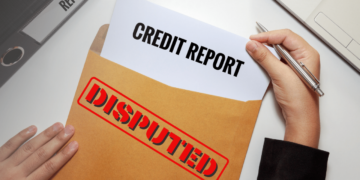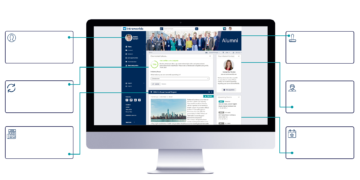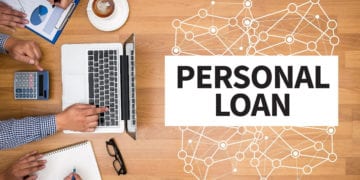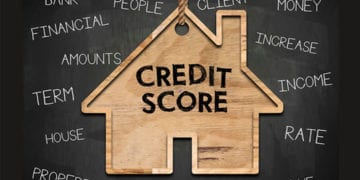Many of us have this habit of spending extravagantly beyond our means, which puts us in serious financial trouble. Getting out of this debt becomes even more difficult if you have more than one creditor. If you are stuck in a situation where you are unable to manage your different accounts and payments, it is time for you to consider debt consolidation.
Debt consolidation is an approach in which all your debts are integrated into a single debt which you can pay off through single monthly payments. This helps in saving some interest amount and helps in paying off your debts faster. This method significantly simplifies your finances and also relieves you from some stress.
Here are a few different ways to consolidate your debt.
1. Personal Loan
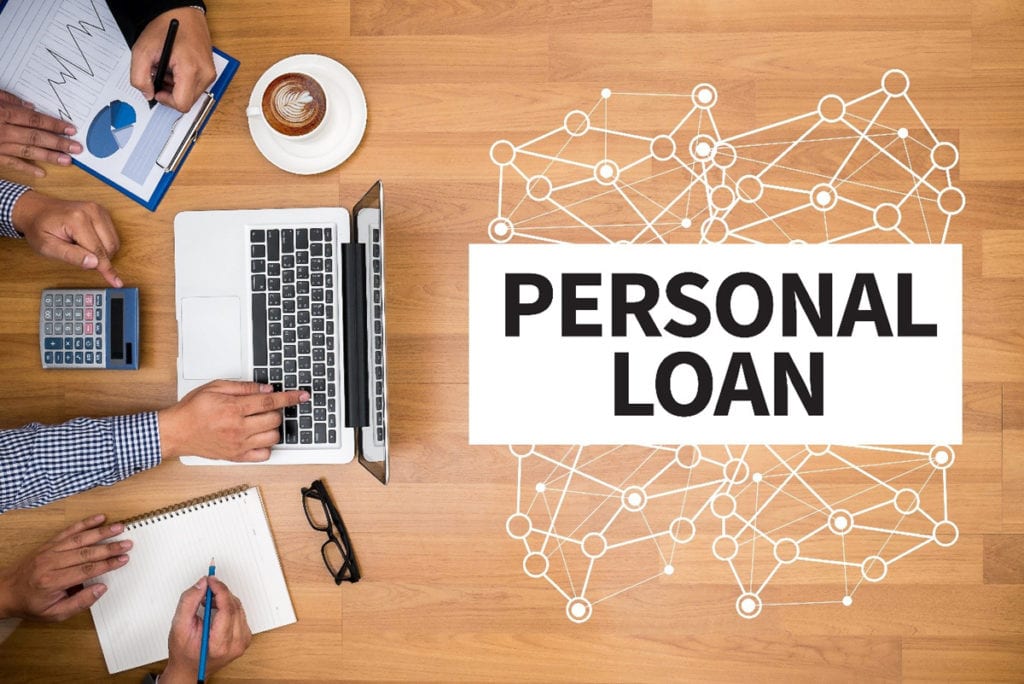
A personal loan with a low interest rate can be a smart way to cover your debts. It presents a comfortable repayment method. When you opt for a personal loan, you don’t need to use any of your assets to qualify, such as your house or car.
The interest rates are fixed and are lower as compared to those in credit card loans. The monthly payment is also fixed so you can have an idea how much you have to pay and easily budget it out. You can borrow any amount from $1000 to $100,000 depending upon your credit profile and the creditor. Personal loans can be taken from traditional banks, online banks, credit unions, peer-to-peer lenders and many other sources.
A large amount needs an extraordinary credit rating. The interest rates applicable on personal loans are higher than that of home equity loans. Not having a good credit profile would make a personal loan even more costlier than a credit card. Customers with a poor credit rating are often exploited by lenders who charge very high interest from them. Many of the personal loans have penalty fees for late payment.
2. Balance Transfer Credit Card

A balance transfer credit card will be required which has a limit high enough to manage all your balances with a low annual percentage rate. The most effective balance transfer cards are ones which have a zero-interest rate for an introductory period of 18 months.
If you pay off the card before the introductory period ends, then a balance transfer credit card can be a good consolidation option as you won’t accumulate any new debt. This card is easier to acquire and it lets you transfer as much money as you want until your total balance is within the card’s limit.
When the introductory period ends, the annual percentage rate is considerably high. Also, these credit cards do not allow you to transfer balances to a card of the same bank.
3. Home Equity Loans & Home Equity Line of Credit (HELOC)

Home equity is the difference between the appraised value of your house and your mortgage. If your house has a good enough equity, you can borrow it at some applicable rate in order to consolidate your debts. The home equity borrowers use their money to pay off the debt that carries a high rate of interest, for example, credit cards.
The interest rates are lower and the borrowing amount is higher for home equity loans as compared to personal loans or credit card limits. The monthly payment is fixed which makes it easier to maintain a proper budget and the term period usually ranges from 5 to 30 years which gives the borrowers ample time to repay the debt.
Since it is a home equity loan your house serves the purpose of collateral. So, in case you are unable to make loan payments, the lender can seize your house. The long payment tenure may make it more comfortable but it ends up being costlier. Also, the interest is not tax-deductible unless the loan is used for the improvement of the property itself. It takes much more time to qualify for a home loan than for other credit options.
4. Peer-to-Peer Loans
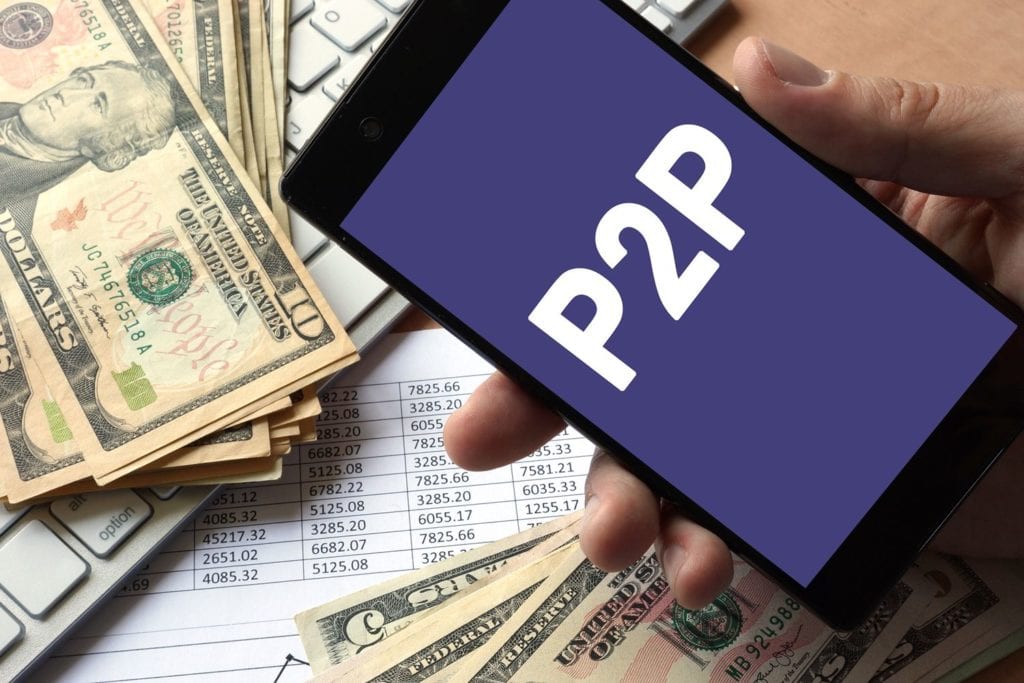
There are many peer-to-peer lending platforms such as Prosper and Upstart which lend high amount loans to consolidate your debts. These are unsecured loans so your credit history comes into the scene. The more your credit rating, the lesser the interest rates and vice versa. The approval process of P2P loans is quick as everything is done online. In fact, you can obtain funding the very same day you apply.
Borrowers with poor credit rating have a greater chance to get a loan from peer to peer lending platforms than the traditional financial institutions. A peer to peer loan has to be repaid in a very short span of time, lesser than credit cards or home equity loans.
If your credit score is not so good, the interest rate can go to 35%. A penalty may also be charged in case of late payments.
5. Debt Management plans
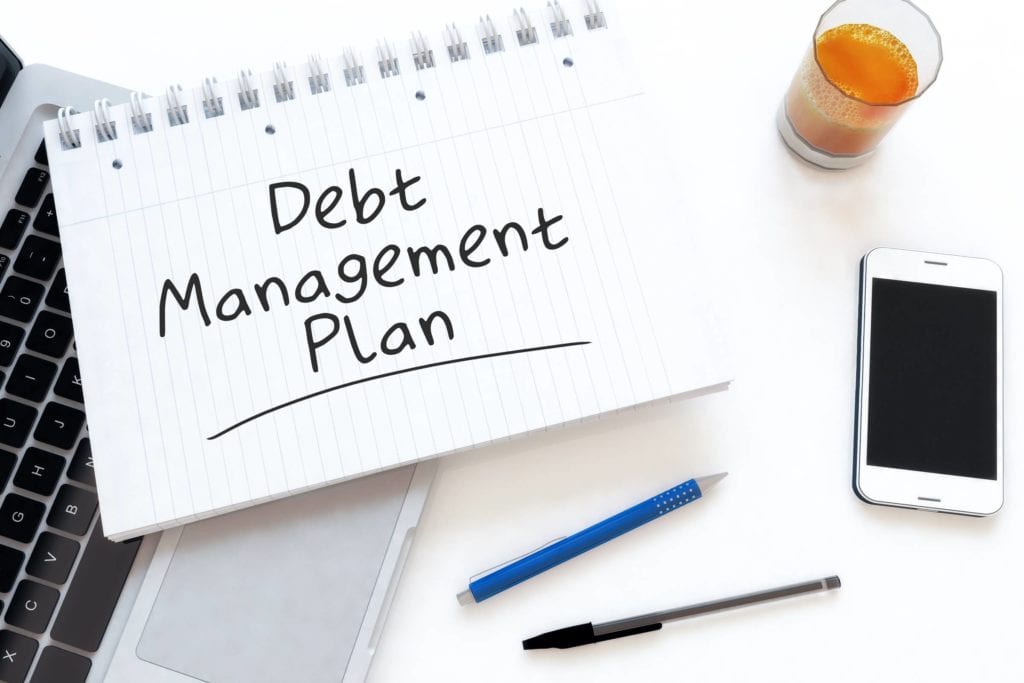
A debt management plan can help you consolidate without taking any loans or credits. In this approach you work with a non-profit credit counselling agency to negotiate with your creditors and make a systematic plan for paying off the debts.
You only have to close all your credit card accounts and make a monthly payment to the agency, which will then be paid to the creditors. But you still receive the records of payment from the creditors which allows you to know how the debt is being paid off. The loan rates obtained are relatively low and this method also helps to improve your credit score in the long term. When you go for a debt management plan, you won’t be able to accumulate more debt as you would have closed all your accounts.
But don’t confuse the term “debt management” with “debt settlement” or “debt collection”. Debt collection companies offer to settle your debt in exchange for pennies, for more details check CedarFinancial. They collect your money, put it in a trust and when they think that there is enough money they propose a settlement to your creditors. All records of payment goes to the debt settlement company and the customer has no clue about what is going on.
If you keep on falling deeper and deeper into debt, it’s high time to take a look at your spending habits. You also need to take certain steps to avoid falling into a debt trap. Set a budget for yourself and manage within the budget, avoid unnecessary purchases, go for the lowest price, keep a close watch on your bank accounts, stay away from credit purchase schemes and most importantly save money, even if it is a small amount.
Though, these settlement options can help you clear your debt, the main difference will come only if you bring about a change in your lifestyle and spending habits.



